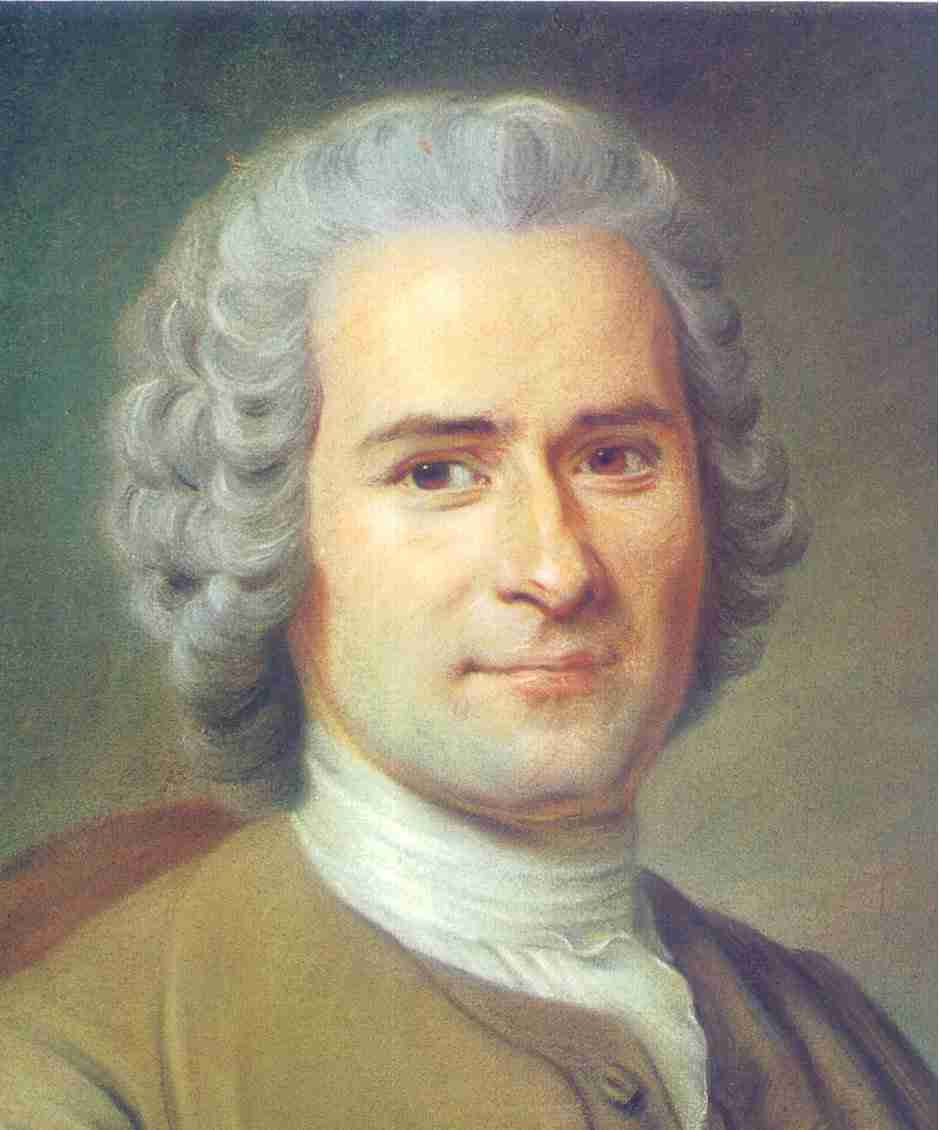Walking through the Infinite, I'm always amazed by the project posters and the chatter of discovery that surrounds MIT. I love the feeling of excited and frenzied exploration that permeates the people, the very buildings.
But there's something that makes me a little anxious: the concept of a technology education Some of my peers see their time here as a way to gather up data points to store and recite for accolades. Others see technology as unequivocally good, unquestioning of the pursuit of knowledge and a fancy career. And there's always the disparaging of HASS, class that focus on the humanities. I can't count how many times have I been told that "readings for HASS classes are optional" or that "there's aren't any jobs in that; it's useless."
Something has changed about the way we approach education. We seem to see education as a decoration for our resume rather than a way to see the world.
But there's something that makes me a little anxious: the concept of a technology education Some of my peers see their time here as a way to gather up data points to store and recite for accolades. Others see technology as unequivocally good, unquestioning of the pursuit of knowledge and a fancy career. And there's always the disparaging of HASS, class that focus on the humanities. I can't count how many times have I been told that "readings for HASS classes are optional" or that "there's aren't any jobs in that; it's useless."
Something has changed about the way we approach education. We seem to see education as a decoration for our resume rather than a way to see the world.
(image via stephenhicks)
Read more for Rousseaus' vision of education as a way to impact individuals.
Education for Society
Let's look to a quote from Rousseau's writings on education. Please consider that all of your life is an education, a preparation for the next day to come and a way to prepare future generations with the wisdom you have gained. When Rousseau wrote of education, he wrote of education as the process from childhood that would structure and prepare young people who would form society. Always, he thought of the effect education would have on the society as a whole, a society in line with the ideals of antiquity.
Ideal Education
Rousseau had the idea that education should return to the earlier style of the Romans, removing children from theoretical academics (which he saw as useless ego stroking) and instead allowing young people to pursue their interests whole heartedly and with lots of hands on experience. He wanted to grant poor students scholarships that would be proudly awarded. Education was meant to enrich people morally and mentally, always a tool rather than a decoration.
Education included the mind and body. Physical education and a connection to nature were very important to Rousseau; he felt that competitive and group athletics in the outdoors would improve students and their communities. Rousseau thought that the whole community should gather to honor athletes and encourage young people to work together in sports. This would build the community and help people to see their ideals of leadership, sacrifice, and cooperation in action.
The Quote
"We think only of preserving his life and limb. It is not enough; he ought to be taught how to preserve them himself when he is grown up; to endure the shocks of fortune, to bear riches or poverty, and to live, if occasion required, amid the snows of Iceland or on the burning rocks of the Malta. [...] It is of less moment to preserve him from death than to teach him how to live. To live is not merely to breather; it is to act, to make proper use of our organs, our senses, our faculties, and all parts of our being which contribute to our consciousness of life. he has not had most life who has lived most years, but he who has felt life the most. A man may be buried a hundred years old and have died in his cradle. Such a one would have gained by dying in youth if had lived till then." (Rousseau on Education, Introductory Passages from the "Emilie," Part 2. Education and the state)
Meaning and Focus
Let's focus on the first section of the quote:He ought to be taught how to preserve himself when he is grown up; to endure the shocks of fortune, to bear riches or poverty.
This is not what our college education does! That's not even how most people approach education!
Most people approach education as a way to get a well paid career or as a marker of the upper middle class. But really education should be so much more than that. Think of the great Greek thinkers: Plato and Socrates certainly wrote, debated, and educated for the young men of the elite. But they spoke to these men with questions, in order to change society and to give these men the means by which to live and find their own understandings.
Rousseau is suggesting the same thing: education should prepare young people for life with a style of thinking rather than a collection of datums.
Education's purpose isn't to make money or a sparkling career. Education has the purpose of preparing us to live our lives regardless of money. An education is supposed to make us consider the role that money plays in our lives. A good education should give us a sustainable approach to life, one that we can live in the ups and downs of life.
Because there will always be ups and downs, education should teach us how to ride life; no number of degrees can protect us from uncertainty or fragility.
In the next section, we'll turn to the second part of Rousseau's quote.

No comments :
Post a Comment